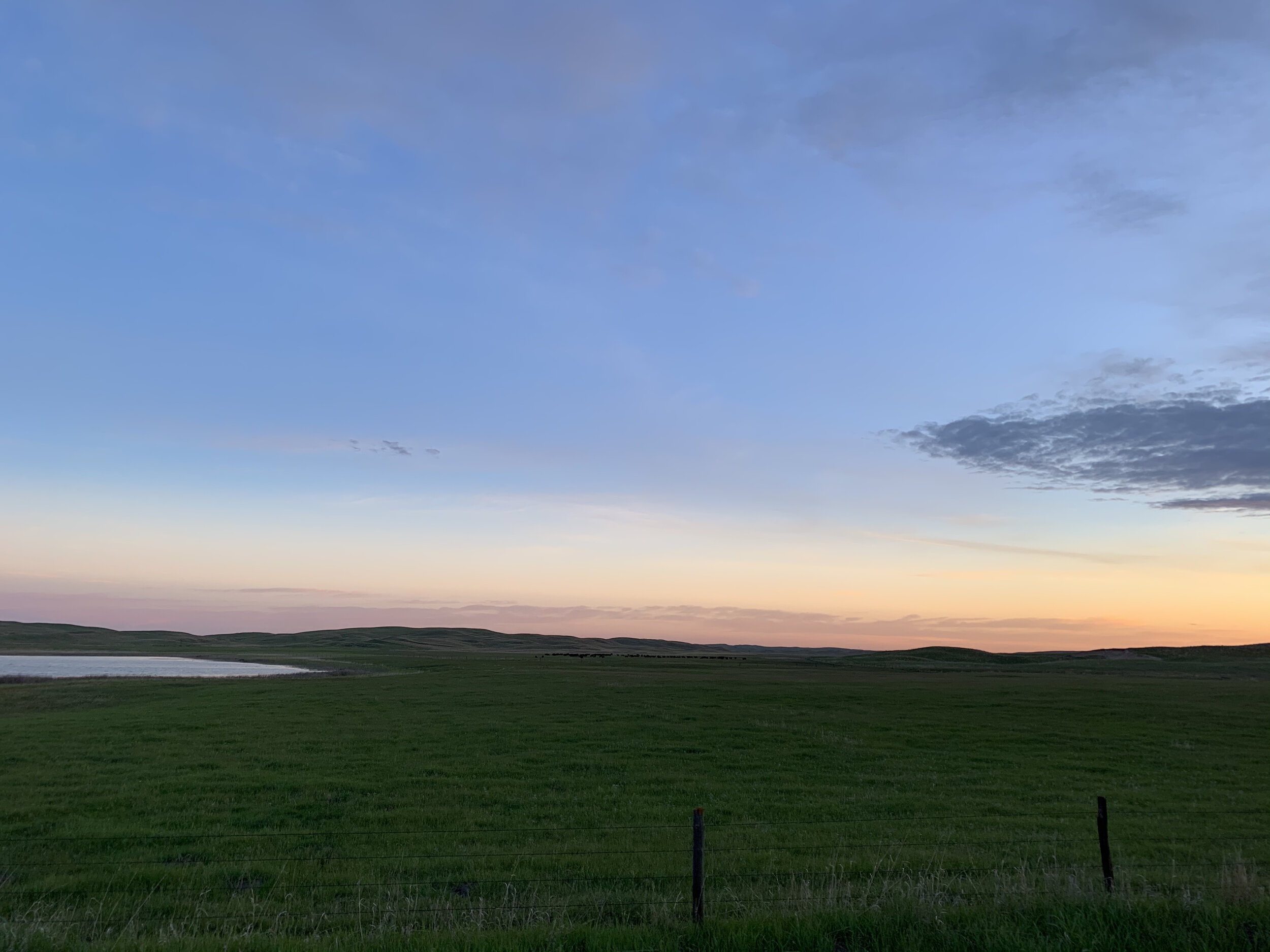The Rural Review
An online journal produced in conjunction with the Rural Reconciliation Project.
The Rural Review publishes digests of important academic contributions, program information, blog-style commentary, and periodic roundups of rural items from across academic disciplines and scholarly media.
Contributions from interested authors are welcome. Find our author guidelines here.
Statz & Garriott: Studying Rural Criminal Justice Through Ethnography
In Ethnographic Research: Immersing Oneself in the Rural Environment, Michele Statz (Minnesota Medical School/Law) and William Garriott (Law, Politics, and Society, Drake University) present ethnography as an effective method for the study of rural criminal justice. They argue that through its expectation of extended engagement in everyday life among a population, ethnography offers a means of assessing the thick social ties and thin institutional infrastructures that define the criminal justice system in rural communities. By exploring relationships, ethnographical studies contextualize structural and cultural conditions and reveal unique insights about life and crime in rural spaces.
Villavicencio-Pinto: Property Regimes and Climate Adaptation
In Beyond the Agro-export Boom: The Challenges of Land Concentration and Fragmentation in Chile, Eduardo Villavincencio-Pinto (Kent Law School, UK) examines the neoliberal rural property regime in modern Chile and its implications for how the country can meet the challenges of climate change. The author conducted a study of rural Chilean property ownership, evaluating two main trends: land concentration and land fragmentation. Employing a historical, cartographic, and socio-legal approach, Villavincencio-Pinto shows how both trends have had negative effects on the rural landscape in Chile and challenges the sustainability of this foundational system.
Tomisich: Learning the Rural Practice of Law
In Learning the Rural Practice of Law, author Ashli R. Tomisich (Wyoming Law) discusses the lack of experiential learning in the law school curriculum and how this gap contributes to students being unprepared to enter rural practice.
Fikri: Persistently Poor, Left-behind, and Chronically Disconnected
In Persistently Poor, Left-behind and Chronically Disconnected, Kenan Fikri (Economic Innovation Group), provides an analysis of persistent poverty in places across the United States, focusing on multiple factors contributing to the disconnection [SE1] of these areas from the rest of the US. Disconnection refers to a lack of social and economic ties, leading to isolation from the greater economy.
Stern & Tarlock: A “Managed Retreat” Policy for Western Water Rights
In Moving Water: Managed Retreat of Wester Agricultural Water Rights for Instream Flows, authors Stephanie Stern (Arizona Law) and A. Dan Tarlock (Chicago Kent College of Law) discuss the current state of water rights in the West and advocate for a change in federal policy to reallocate Western water rights to address the effects of the “megadrought.”
Sosin and Carpenter-Song: Reimagining Rural Health Equity
In Reimagining Rural Health Equity: Understanding Disparities And Orienting Policy, Practice, And Research In Rural America, Anne N. Sosin and Elizabeth A. Carpenter-Song (Both Anthropology, Dartmouth College) argue that advancing rural health equity beyond the pandemic requires understanding the underlying problems that create rural disparities and redesigning the policies and practices that encourage the rural disadvantage.
Hisey et al.: Fears and Fences: Bison on the Canadian Prairies
In Fears and Fences: Social and Material Barriers to Plains Bison on the Canadian Prairies, authors Forrest Hisey, Melissa Heppner (both Geography, Geomatics, and Environment, University of Toronto, Mississauga), and Andrea Olive (Political Science, University of Toronto, Mississauga) conduct a qualitative study to determine the largest barriers to the “rewilding” of bison on the Canadian Great Plains with a particular focus on the colonial attitudes that conflict with Indigenous groups’ efforts to reintroduce bison.
Warner and Salazar: Shared Stewardship
In Shared Stewardship, Elizabeth Kronk Warner and Jesús A. Salazar (Both Law, University of Utah) challenge the trend of excluding tribes from participation of co-stewardship of national lands. The authors examine the existing standards and offer creative solutions to forging a path to tribal co-stewardship.
Brooks et al.: Ethnoracial Diversity Across Nonmetropolitan America
In Uneven Growth and Unexpected Drivers of Ethnoracial Diversity across Nonmetropolitan and Metropolitan America, Matthew M. Brooks (Sociology and Center for Demography and Population Health, Florida State), J. Tom Mueller (Population Heath, University of Kansas Medical Center), Brian C. Thide (Agricultural Economics, Sociology, and Education and Population Research Institute, Pennsylvania State), and Daniel T. Lichter (Policy Analysis and Management, Cornell) bring attention to ethnoracial diversity in Nonmetropolitan America by providing an updated statistical portrait of ethnoracial diversity in the United States since 2000.









